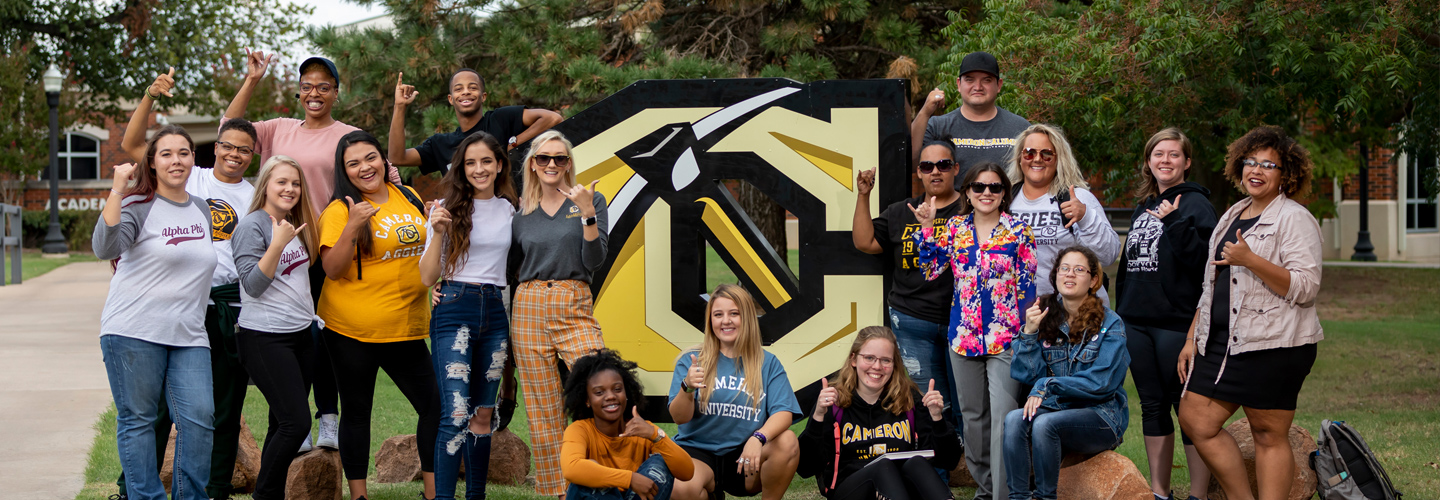Grants
Federal and state grants are sources of funding that typically do not require repayment. They are generally awarded to students deemed to have high financial need. Financial need is determined by subtracting the Student Aid Index (SAI) from the Cost of Attendance (COA). Students must complete the FAFSA and be in a degree-seeking undergraduate program to be considered for grants.
Federal Grants
- PELL: A need-based program for undergraduate students who have not earned a bachelor's or professional degree. Amounts are determined using the EFC and enrollment level. There is a limit (Lifetime Eligibility Used, or LEU) on the number of semesters a student can receive the grant, equal to 12 semesters at the full-time rate. You may log on to your Federal Student Aid account using your FSA ID to monitor your LEU status or check your FAFSA Submission Summary.

